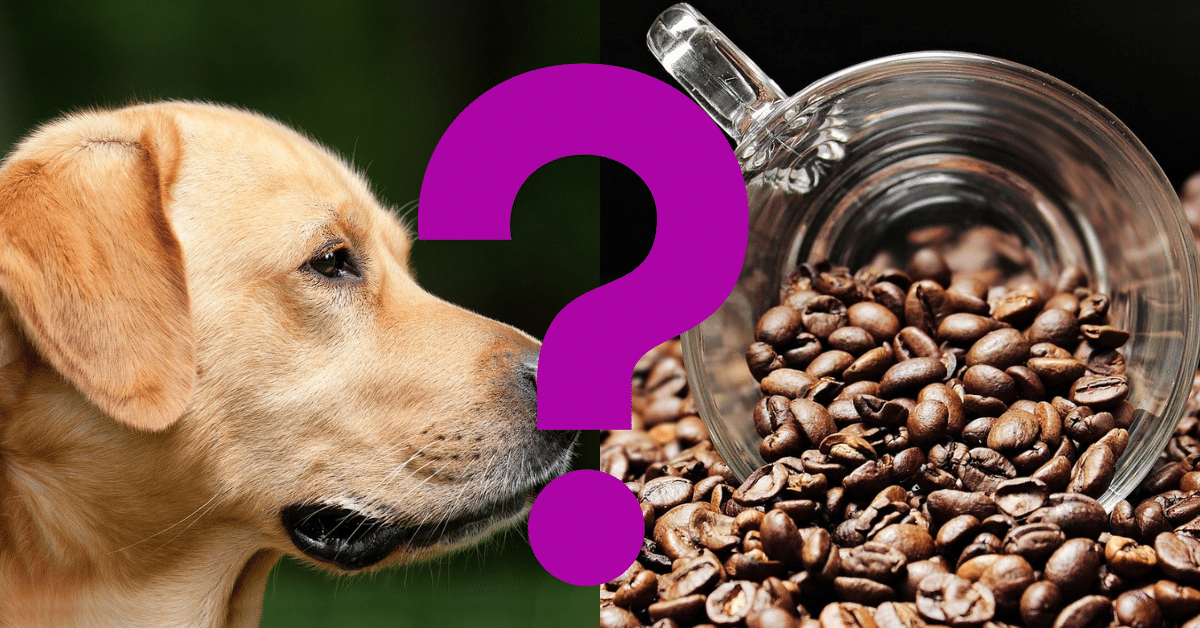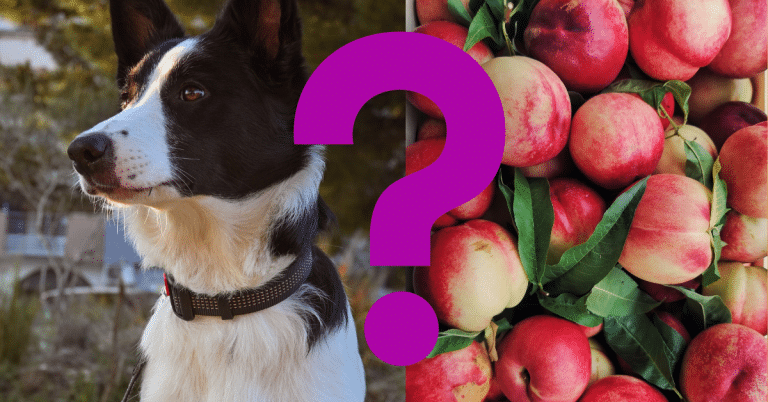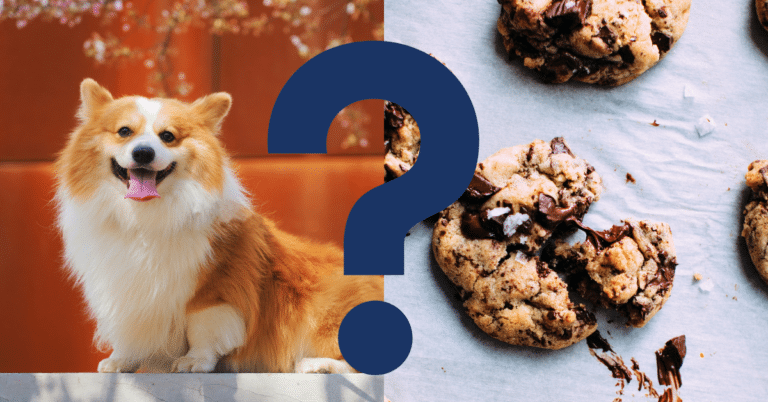Can Dogs Eat Coffee Beans? A Vet’s Opinion

The Coffea plant produces coffee beans as seeds. These beans are manufactured coffee roasted and consumed worldwide for their stimulating properties. But can you feed Coffee beans to your dog?
No, coffee beans are not suitable for dogs to eat. Caffeine is a toxic ingredient in coffee that can cause tremors, elevated heart rate, restlessness, and even potentially fatal diseases in dogs. For dogs, consuming coffee beans—raw or roasted—poses a significant health danger. To protect their health, keep caffeinated items—including coffee beans—out of their reach. If ingestion happens by accident, get veterinarian help right away.
Benefits of Coffee beans for dogs
It’s important to stress that dogs shouldn’t be given coffee beans or any other caffeinated items, even though tiny amounts of plain, unsweetened coffee beans might not be instantly hazardous to them. The possible drawbacks greatly outweigh any perceived benefits. Coffee beans contain caffeine, a stimulant that has a far more powerful effect on dogs’ central nervous systems than it does on people. Adverse effects, such as restlessness, tremors, elevated heart rate, vomiting, and, in severe cases, death, can occur even with tiny dosages.
Coffee beans do not provide unique nutritional advantages for dogs, and introducing them into their diet can harm their health. Instead, give your dog an appropriate and well-balanced diet based on their unique nutritional requirements. For safe and appropriate options, speak with your veterinarian if you’re looking for treats or vitamins. Coffee beans and other caffeinated goods should always be kept out of your pets’ reach. See a veterinarian immediately if you think your dog may have consumed coffee beans or other caffeinated items. You must put your pet’s health first and refrain from adding anything potentially dangerous to their diet.

How to safely give Coffee beans to dogs
Giving coffee beans or any other caffeinated goods to dogs is not advised. They react toxically to caffeine, and there are no known safe dosages or health advantages. But, if you’re searching for different approaches to caring for your dog, consider dog-friendly choices that put their health and well-being first.
There are lots of fun and safe options available if you would like to give your dog treats or snacks:
- Commercial Dog Treats: A variety of treats are available specially designed to satisfy the dietary requirements of dogs. These snacks are available in various flavors and textures to accommodate various tastes.
- Fresh Fruits And Vegetables: As treats, fruits and vegetables are a favorite of many dogs. Apple slices, carrot sticks, or tiny blueberries are standard options. Ensure that the fruits and vegetables you select are safe for dogs and that the serving sizes are suitable.
- Dog-friendly recipes can be used to prepare homemade dog treats at home. Nuts, pumpkin, and peanut butter are a few of the ingredients that can be combined to make delicious and secure treats.
- Frozen Snacks: Frozen snacks can be a pleasant choice in the hot months. Small portions of dog-friendly foods, such as yogurt or pureed fruit, can be frozen for a refreshing and entertaining snack.
- Speak With Your Veterinarian: See your veterinarian before adding new meals or treats to your dog’s diet. They can recommend good choices depending on your dog’s demands, dietary needs, and allergies.
Always put your dog’s health and well-being first by avoiding potentially dangerous foods. See a veterinarian immediately if you think your dog may have consumed dangerous items, such as coffee beans or other goods with caffeine. Maintaining the happiness and health of your dog depends on proper pet ownership and prevention.
Will Coffee beans make a dog sick?
Yes, the caffeine in coffee beans can cause a dog to become ill. Dogs are more sensitive to caffeine’s effects than people, and it can cause several health problems. Symptoms and illnesses that could exist include:
- Hyperactivity And Restlessness: Caffeine is a stimulant that can lead to hyperactivity, restlessness, and difficulty settling down.
- Elevated Heart Rate: Dogs who consume caffeine may get palpitations and other cardiovascular problems as a result of their elevated heart rate.
- Tremors Or Shaking: The stimulant effects of caffeine can cause tremors or involuntary shaking in dogs.
- Vomiting: When a dog consumes coffee beans, the stomach lining may irritate and cause vomiting.
- Diarrhea: Due to its laxative properties, caffeine may cause diarrhea in dogs.
- Elevated Blood Pressure: Caffeine overindulgence can raise blood pressure, harming a dog’s cardiovascular system.
- Increased Respiratory Rate: Caffeine consumption might cause dogs to breathe more quickly or laboriously.
- Seizures: Excessive coffee intake can cause seizures in certain situations, which is a dangerous and potentially fatal condition.
- Collapse Or Coma: If a large amount of caffeine is consumed, there is a chance that it will cause a collapse or even a coma.
It is important to remember that various circumstances, including the dog’s size, the amount of caffeine consumed, and the individual’s sensitivity, might affect the symptoms’ severity. Any indication that a dog may have consumed caffeine should result in quick veterinarian care. To ensure your pet’s well-being, take preventive actions like keeping coffee beans and other caffeinated goods out of reach.
Can Dogs Eat Coffee Beans Variations?
No, coffee beans of any kind, flavored or not, should not be fed to dogs. Caffeine, found in all coffee beans, is toxic to dogs. In severe circumstances, caffeine can be fatal. Other health problems caused by caffeine include tremors, elevated heart rate, restlessness, vomiting, and diarrhea.
Additionally, extra substances like artificial sweeteners or other compounds that can be hazardous to dogs may be present in flavored coffee beans. Keeping all types of coffee beans and caffeinated goods out of your dog’s reach is imperative to avoid accidental consumption.
See a veterinarian immediately if you think your dog may have consumed coffee beans or other caffeinated items. The best approach to protect your pets from injury is to keep potentially toxic substances away. It is part of responsible pet ownership.

Vet’s Summary
In conclusion, because of the harmful effects of caffeine, dogs should not eat coffee beans or any other caffeinated items. Whether flavored or not, coffee beans can cause various health problems for dogs, such as trembling, elevated heart rate, vomiting, diarrhea, and, in extreme situations, potentially fatal illnesses. Prioritizing the health and welfare of their animal friends, pet owners must exercise caution and keep all coffee beans out of reach to avoid accidental intake.
Given the possibility of gastrointestinal problems resulting from accidental consumption of toxic materials, dog owners should consider adding probiotic supplements to their diet. By encouraging the development of good bacteria in the stomach, probiotics can aid in maintaining a healthy digestive tract. By helping maintain a balanced microbial habitat, these supplements may lessen the risk of digestive issues from consuming toxic substances. To be sure that probiotics are a suitable and safe complement to their dog’s overall health regimen, owners must speak with their veterinarian before adding additional supplements.
Videos to watch
If you are wondering what related foods are good to give your dog, watch this:
And if you want to know what a dog can NOT eat, watch this:






